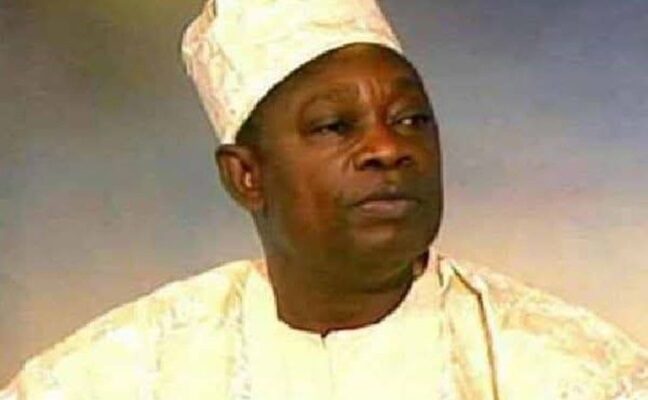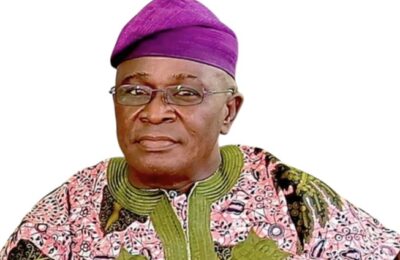By Musa Bakare
As Nigeria marks another anniversary of June 12, the date that symbolizes the country’s historic struggle for democracy, the spotlight returns to a pivotal figure in that movement: President Bola Ahmed Tinubu.
From a pro democracy activist in exile to Commander-in-Chief, President Tinubu’s political journey mirrors the democratic evolution Nigeria has experienced since the annulment of the 1993 presidential election.
While symbolic recognition has been granted to June 12, a vital step remains: full restitution and closure in honor of Chief Moshood Kashimawo Olawale (MKO) Abiola, the man whose victory was unjustly annulled. It is now incumbent upon President Tinubu more than any leader before him to complete this circle of justice.
The annulment of the June 12, 1993 election widely regarded as the freest and fairest in Nigeria’s history triggered a national crisis and a democratic awakening. Bola Ahmed Tinubu, then a senator and vocal critic of the annulment, joined the National Democratic Coalition (NADECO) and became a key figure in the resistance against military dictatorship.
Forced into exile, Asiwaju Bola Ahmed Tinubu and his fellow activists kept the flame of democracy alive. Today, as President of the Federal Republic of Nigeria, he occupies an office that both symbolically and morally, still owes a debt to the legacy of MKO Abiola and to the Nigerian people
While Nigeria has made undeniable democratic strides since 1999, many of the core ideals that June 12 represents, justice, inclusion, and equity are also to be fulfilled.
President Tinubu’s economic reforms such as the removal of fuel subsidies and the unification of the exchange rate aim to stabilize the economy are highly commendable, their success must be measured by tangible improvements in the lives of ordinary Nigerians. Without this, the essence of democracy a government that serves the people risks being diminished.
Civil liberties have improved tremendously under President Tinubu, with the media and civil society enjoying greater freedom. However, the true measure of progress lies in whether the democratic space allows for justice, equal opportunity, and responsive leadership.
In 2018, the then President Muhammadu Buhari made a bold move by recognizing June 12 as Democracy Day, posthumously awarding Chief MKO Abiola Nigeria’s highest national honor, the Grand Commander of the Federal Republic (GCFR), the Abuja National Stadium was also renamed in his memory.
Now that General Ibrahim babangida had finally come out to declare the winner of the election, one crucial step remains: official acknowledgment of MKO Abiola as Nigeria’s duly elected President.
President Tinubu must take this historic responsibility further. In the interest of justice, national healing, and democratic integrity, he should formally declare MKO Abiola as Nigeria’s late elected President; Posthumously accord him the full rights, honors, and symbols of the presidency and ensure that all entitlements of that office are extended to his family.This would not only complete the national restitution but also affirm President Tinubu’s position as a true custodian of Nigeria’s democratic legacy.
June 12 was never just about voting; it was a national assertion of the people’s right to choose, live with dignity, and enjoy good governance. It transcended tribal, religious, and regional lines, uniting Nigerians behind a common democratic ideal. That same spirit must guide governance today.
Nigeria’s youth must be inspired by the sacrifices of past generations. They deserve not just the right to vote, but the opportunity to thrive in a country that respects their rights and rewards their efforts.
President Tinubu’s rise to power is deeply tied to the June 12 movement. As someone who risked everything to defend democracy, he now has a unique opportunity to fulfill its promises.
By completing the restitution of MKO Abiola’s mandate, President Tinubu would not only make a profound political statement , he would affirm a moral truth and establish a legacy rooted in courage and justice.
This act would send a powerful message: that Nigeria honors its heroes, corrects its past, and forges ahead with integrity.
The greatest tribute to MKO Abiola and the heroes of democracy would be to build a Nigeria where justice reigns and every citizen feels heard, valued, and protected.”
– Musa Asiru Bakare, member, Tinubu Support Group (TSG), writes from Lokoja, Kogi state capital.




